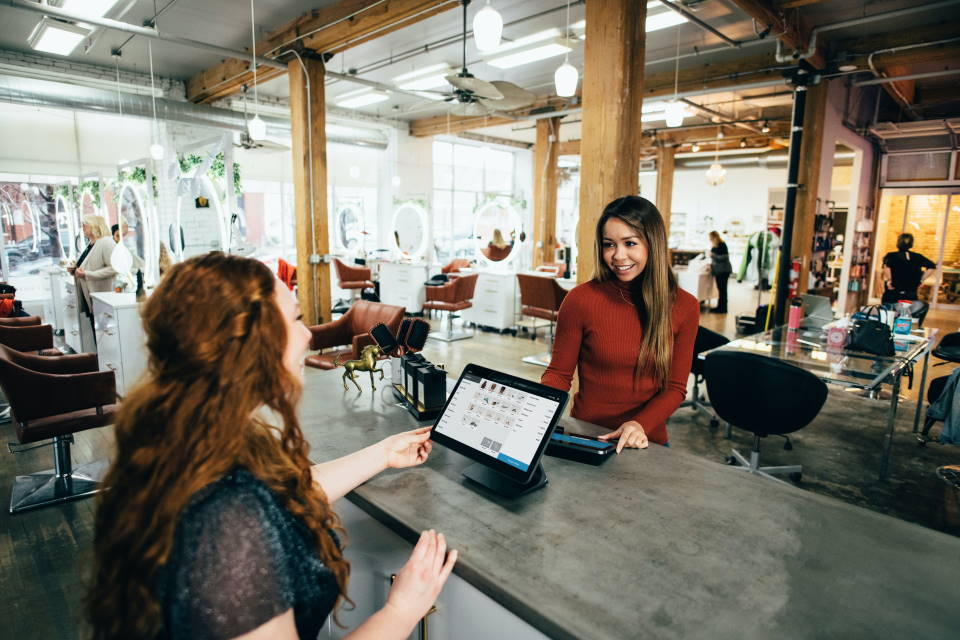When you hear the word “blogging,” it might take you back to the early days of the internet, where companies like AOL and Netscape were giving everyday users their first taste of the net. In many ways, blogging was social media before social media; ordinary people writing about their lives and interests and putting it up online for the world to see.
Fast forward several years, and you have the advent of commercial blogging. Bloggers, with their sense of transparency and personal connection, were able to connect with consumers in ways that big, impersonal companies couldn’t. There was big money in leveraging that personal connection to sell ads and promote products to their rapidly growing audiences.
The introduction of large social media platforms and smart phones kicked everything into high gear. Websites run by individuals or small teams were able to amass followings rivaling much larger corporations, and in a fraction of the time. They were able to connect to their audience in new ways, and without the stigma associated with traditional advertising.
This dynamic continued to rapidly evolve, and now takes many forms. The humble blogger has been transformed into the influencer, and the world is constantly looking towards the newest form of media consumption, whether it’s through video platforms like YouTube and TikTok, or through audio and podcasting platforms like Spotify.
With all these new ways to take in information, and everything getting faster, shorter, and more intense, is there still a place for the traditional written blog post? Are blogs still a thing?
The answer, of course, is yes. Blogs and blogging are still a thing, now more than ever. The competition is fiercer, but so is the demand, with over 70 million blog posts published each month on WordPress alone. If your business has a website but doesn’t have a blog, there are several very good reasons to start one.

Blogging Brings In Traffic
A website is a tool for your business, and its main purpopse is to bring you more clients and customers. There are many different places you can find those potential users, but in order to get them to visit your site, you need something to draw them in. As interesting as your “About Us” webpage is, it’s probably not going to go viral and bring in a ton of new traffic.
Whether you want to rank for a specific keyword on Google or have your followers share your website on Facebook and Twitter, you need something to draw them in. Blog posts are a great way to do that. They provide interesting news or information that people are interested in, all the while reinforcing the credibility of your website as a solid source of information in your field.
Blogging Provides SEO Benefits
Search Engine Optimization is the process of improving your site’s rankings and visibility on search engines like Google. The goal of a search engine is to provide the best answer to the question that users are searching for. In general, the webpage that answers the specific question is going to rank higher than the one that just provides a lot of general information.
With that in mind, it’s important to realize that you can’t rank for every keyword with the same page. You need lots of different pages on your website, each providing specific information about the keyword you want to rank for. A blog is a great way to do this, as it lets you create new posts on your website that can provide detailed, specific information.
The most successful blog posts are those with proper keyword research. Writing without direction isn’t going to get you far in the search engine results.
What’s more, regularly adding new posts to your blog sends an important signal to Google that your site is constantly updating. This encourages Google to crawl your site and index your content more often, which means your blog posts will rank for new keywords faster.
In the end, blogging is a great tool for growing your website. Blogging is still a thing, and the different ways that it has evolved over the years only means that there are a variety of new forms it can take. We encourage you to experiment with different formats to see what works for you, whether it’s video, audio, or something completely new. It all comes down to creating new entry points for people to find out about your website and your business, and that’s never a bad thing.

